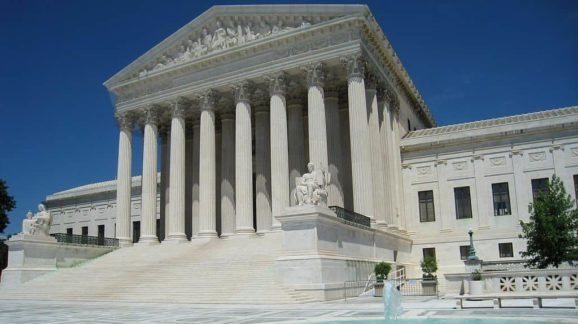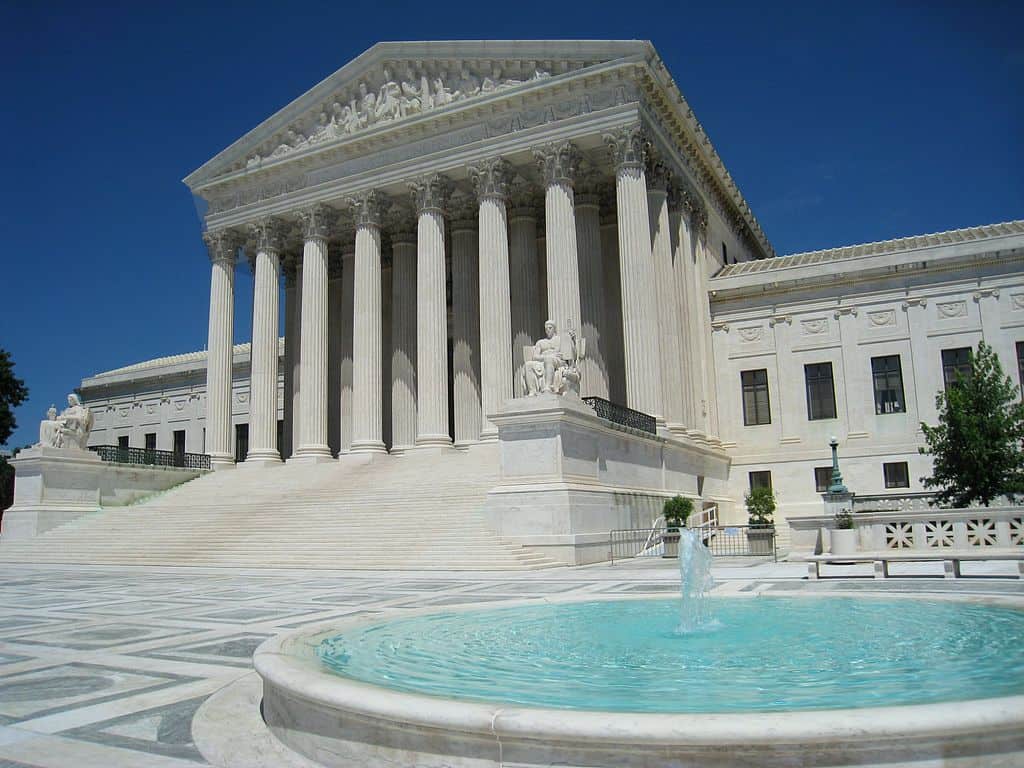Courts Should Abandon Deference Doctrines; Congress Should Fund Review Capacity

 On February 21st, I participated on a Federalist Society panel regarding Chevron deference. My fellow panelists were Profs. Jonathan Adler and Philip Hamburger. The panel was moderated by the Judge Dennis Jacobs. The event wasn’t filmed, so I reenacted the main part of my speech in the video below. (The production values in the video are Marc Scribner’s. He’s an excellent transportation policy analyst.)
On February 21st, I participated on a Federalist Society panel regarding Chevron deference. My fellow panelists were Profs. Jonathan Adler and Philip Hamburger. The panel was moderated by the Judge Dennis Jacobs. The event wasn’t filmed, so I reenacted the main part of my speech in the video below. (The production values in the video are Marc Scribner’s. He’s an excellent transportation policy analyst.)
My thesis is that judicial deference has engendered an imbalance between Articles II and III of the U.S. government. As a guide, I rely on Federalist 51 to highlight the stark contrast between the dictionary definition of deference—“respectful submission to the will of another”—and the Founding Fathers’ reliance on “ambition counteracting ambition” to temper a government comprised of “no angels.” I argue that deference is an angelic posture, in the face of which the Executive Branch is acting very much in line with how the Framers intended: that is, Article II is acting with ambition. These days, regulatory agencies start with Chevron Step II, with an eye towards stretching their statutory authority to the absolute limit in pursuit of their preferred policies. In order to remedy this imbalance, I recommend that the Supreme Court (or Congress) abandons obsequious deference doctrines. Crucially, I also recommend that Congress render a modest investment in the capacity of Article III courts to review Article II decision-making.